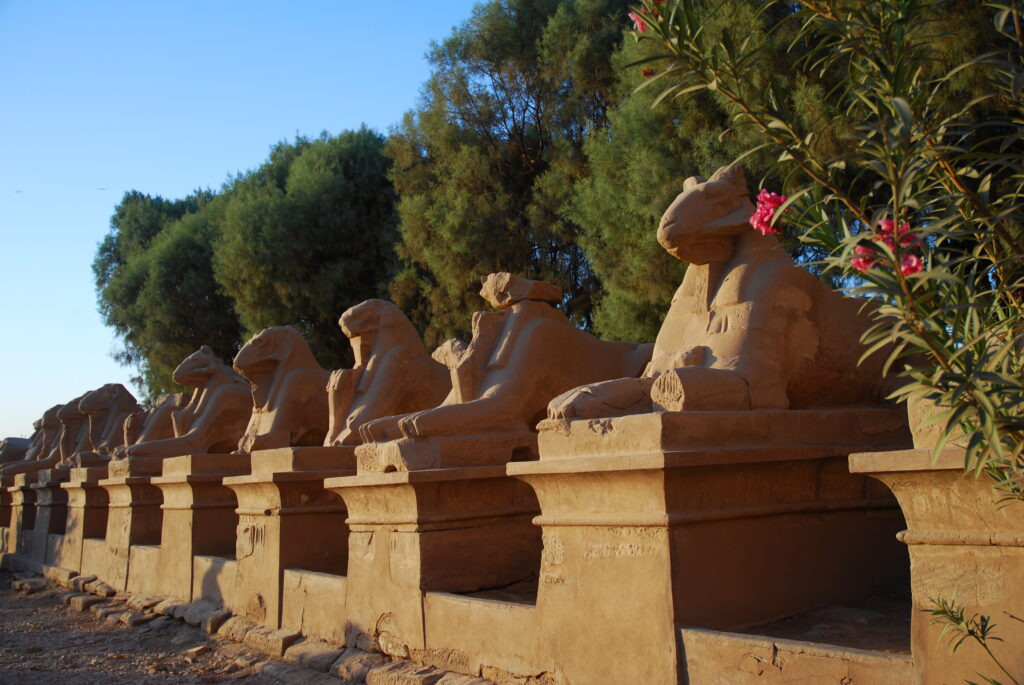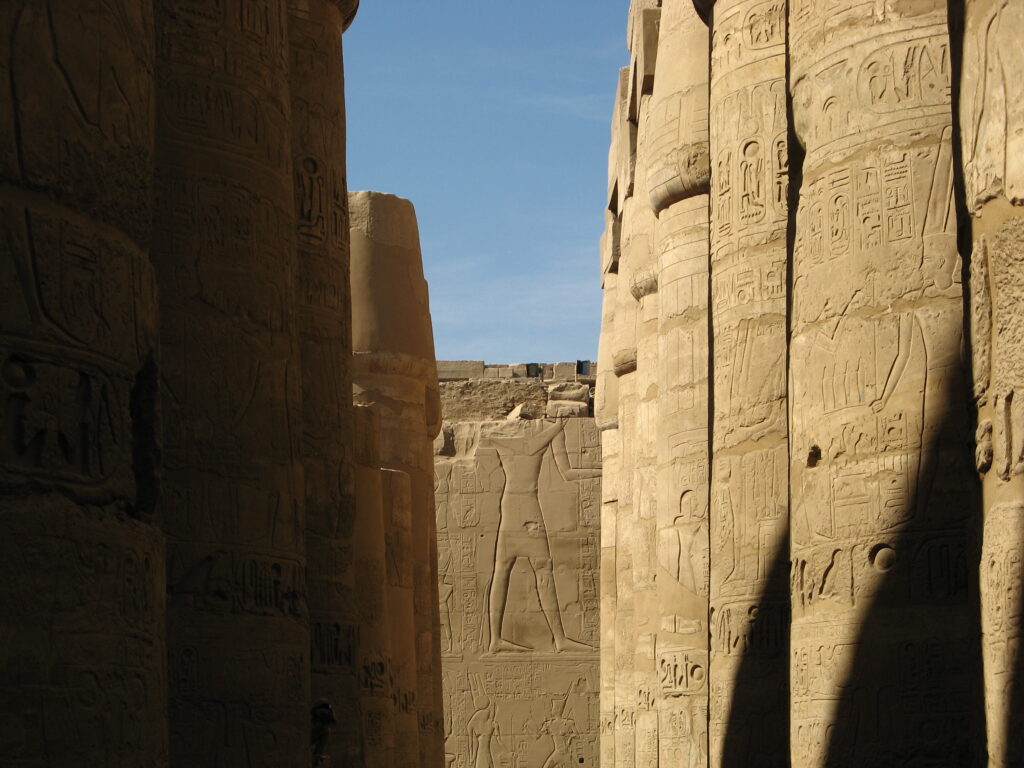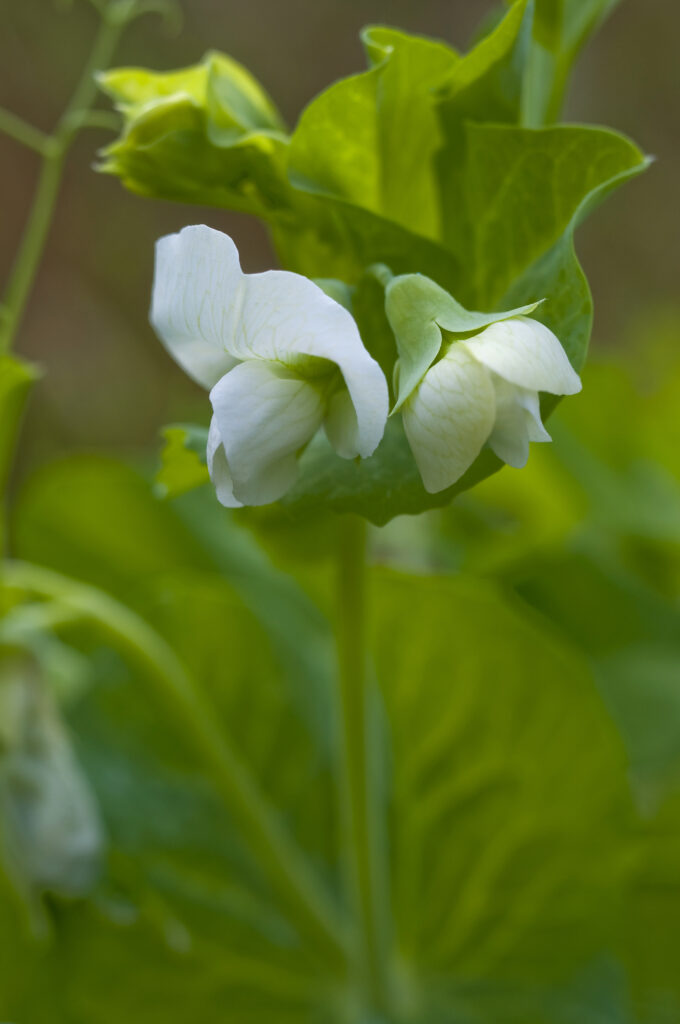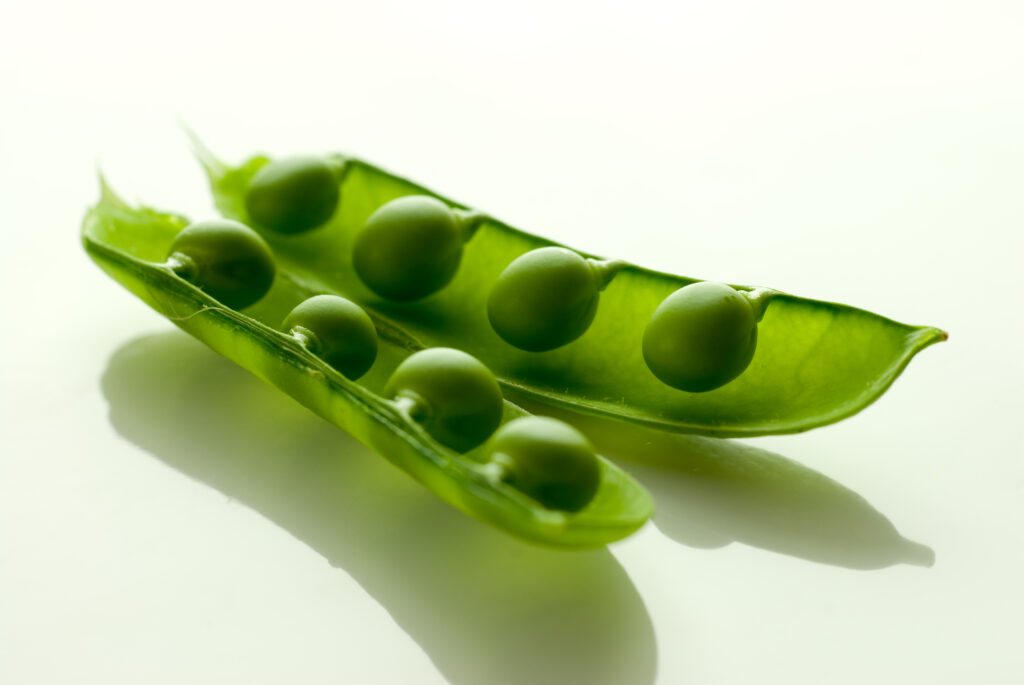Ancient vegetables on the brink of extinction were allegedly brought back to life in the West Midlands recently. Experts from Ryton Organic Gardens, horticulturalists based on the outskirts of Coventry, have been working to conserve circa 800 ancient seed types since the 1970s. Included in the gardens’ Heritage Seed Library are ancient peas believed to originate from Tutankhamun’s tomb in the Valley of the Kings.

Having ruled from around 1332 BC to 1323 BC, the ‘Boy King’ commenced his reign at the age of nine, having died aged just 18 years old. His golden sarcophagus was discovered by Howard Carter in 1922. Funded by Lord Carnarvon, the expedition led to recovery of more than 5,000 priceless treasures buried with the Pharoah. Other artefacts recovered included a crown, golden throne and elaborate carved chests, along with King Tut’s iconic golden burial mask.

Lord Caernarvon donated the Freers Mummy Pea seeds to Garden Organic, a registered charity. According to Garden Organic, these tiny seeds produce some impressive pea plants, growing to a height of over 2.5 metres and producing a plentiful crop. Famed for their tenderness and sweet flavour, the Freers Mummy Pea also freezes well. Unfortunately, the variety is now in short supply, however, due to their scarcity and popularity.
Over the pond, another pea patch in Marysville, Washington, has also been linked to ancient Egypt. Doubt has been cast on aptly named King Tut Pea’s provenance, historians insisting that the variety’s origins are far more likely to lie in early 20th Century England. As custodians of the King Tut pea variety, the McKee family has vehemently defended its authenticity, maintaining that this heirloom pea is derived from seeds discovered in Tutankhamun’s tomb. However, Salima Ikram, an Egyptology professor at the American University in Cairo, has cast doubt on these claims, pointing out that various people have attempted to grow seeds from the tomb without success, the seeds being too old to germinate.

Documents from Kew Gardens tend to support Dr Ikram’s theory, with records revealing that despite many stories of seeds recovered from ancient Egyptian tombs germinating, there is no scientific research to back up any of these claims. Nevertheless, experts from Kew Gardens did concede that the dry conditions within Egyptian tombs were conducive to seed longevity, in some instances potentially extending lifespan to thousands of years.
According to The Fortean Times, a British magazine dedicated to exploring unusual phenomena, the sale of so-called “Mummy Seeds” was common throughout the 19th and early 20th Century, visitors returning with them to their home countries and planting them in their gardens. It is claimed that the origins of the Tutankhamun Pea variety lie in the country estate of Lord Caernarvon, although one theory is that the pea was simply named in honour of his claim to fame rather than reflecting the pea variety’s true origin.
Whatever the truth, those interested in keeping the legend alive can purchase Tutankhamun Peas through the Heritage Seed Library. By becoming a member, gardeners can gain access to a myriad of other rare and heirloom seed varieties, as well as receiving three free issues of The Organic Way magazine annually.


Leave a Reply